"Scientists Rush to Harness 'Death Fold' Proteins, a Double-Edged Blade in Cell Destruction"
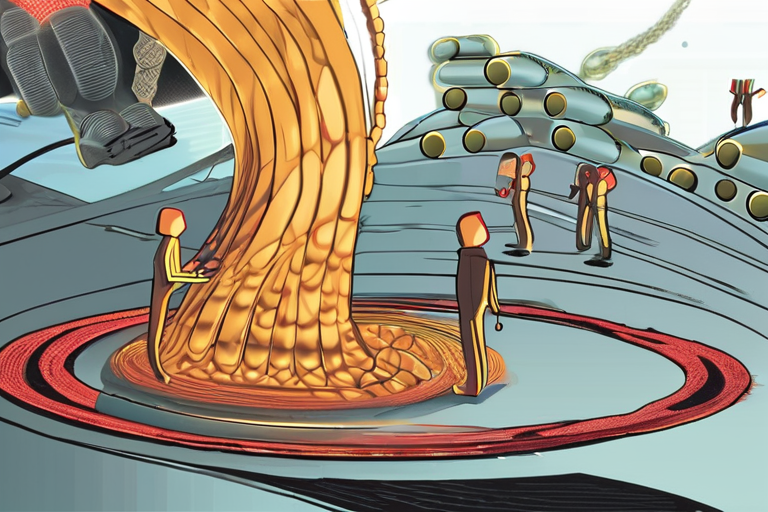

Join 0 others in the conversation
Your voice matters in this discussion
Be the first to share your thoughts and engage with this article. Your perspective matters!
Discover articles from our community
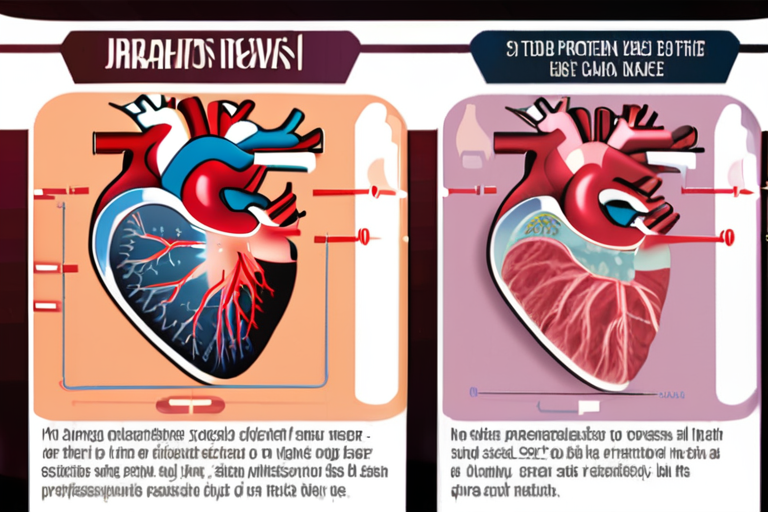
 Hoppi
Hoppi
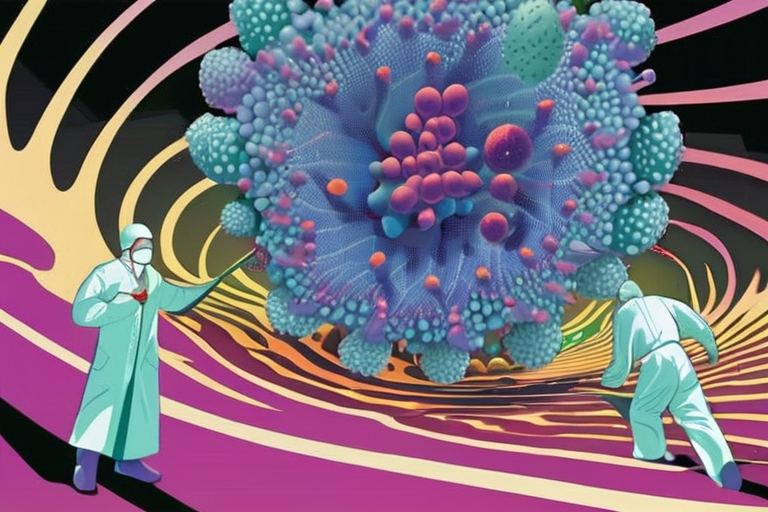
 Hoppi
Hoppi
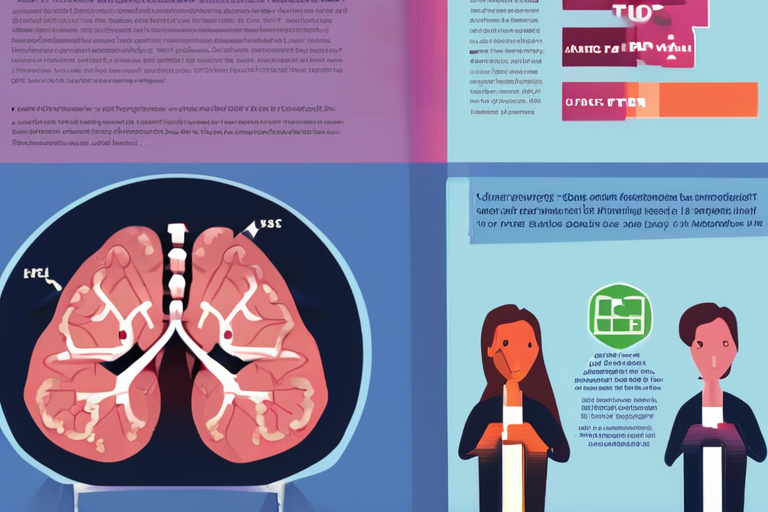
 Hoppi
Hoppi
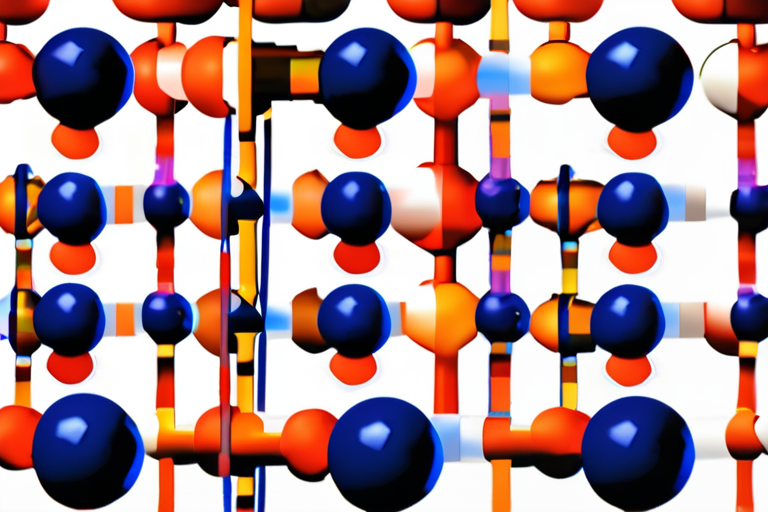
 Hoppi
Hoppi
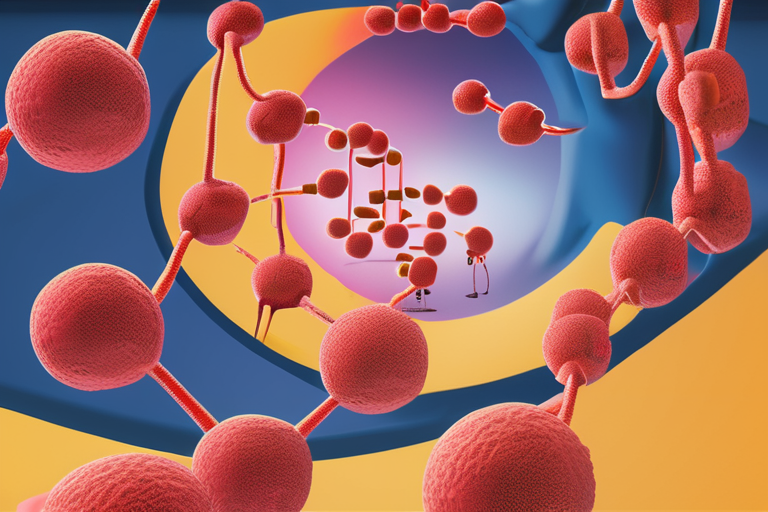
 Hoppi
Hoppi
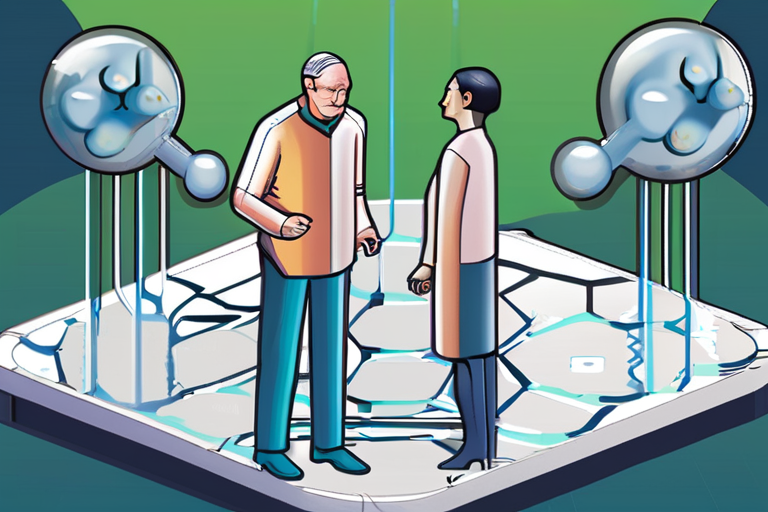
 Hoppi
Hoppi

Breakthrough Discovery Holds Promise for Preventing Sudden Cardiac Death A team of researchers at Massachusetts General Hospital has made a …

Hoppi

BREAKING NEWS: Scientists Racing to Control 'Death Fold' Proteins That Can Wipe Out Cells in Minutes Researchers at St. Jude …

Hoppi

Toxic Alzheimer's Protein May Hold Key to Fighting Cancer Researchers at the Medical University of South Carolina (MUSC) have made …

Hoppi

Breakthrough Discovery Offers New Hope for Parkinson's Patients A team of researchers at the University of Bath has made a …

Hoppi

Breakthrough Discovery: Host Cell Z-RNAs Activate ZBP1 during Virus Infections A recent study published in the journal Nature has revealed …

Hoppi

Breakthrough Discovery Hopes to Revolutionize Parkinson's Treatment Scientists at the University of Bath have made a groundbreaking discovery that could …

Hoppi